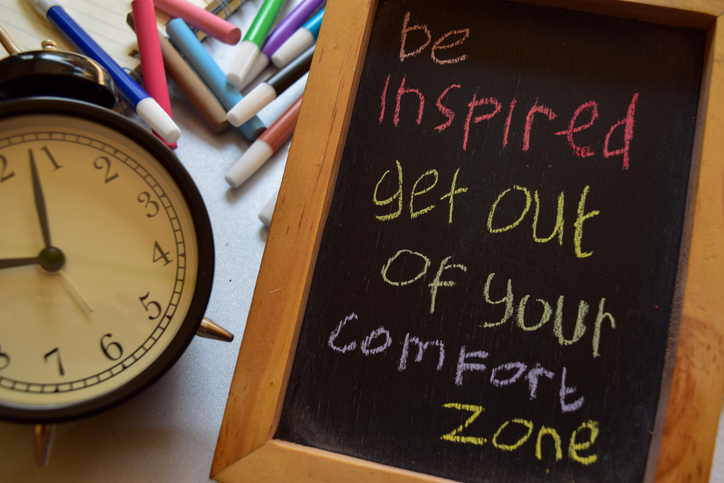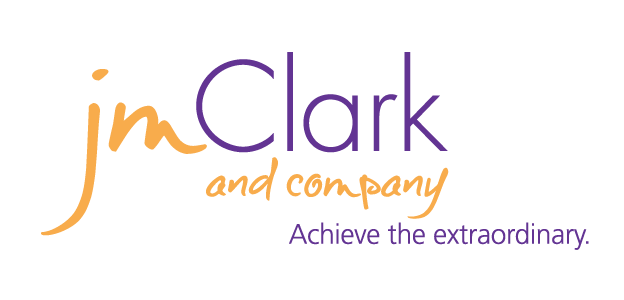
Why (or When) Coaching May Be for You
Have you ever had a coach? Have you ever wondered what coaching is all about? Or if coaching is for you?
When you think of a coach, what comes to mind? Sports? There are other types and areas of expertise of coaching that we might not be as familiar with.
Some of the ways that coaching shows up in the business world are:
Executive Coaching
Career Coaching
Leadership Development Coaching
Succession Coaching
Other areas of coaching expertise include:
Life Coaching
Health and Wellness
Public Speaking
Sales
Financial Planning
How do you know what may be right for you?
The first step is self-reflection:
- What is your biggest pain point? What’s keeping you up at night?
- When you think of your best life, what does that look like?
- Which one of the following areas resonates most with you – either from a pain or gain standpoint?
Work, Career, Relationships, Family, Friends, Community, Health?
Which one feels the most important, to focus on right now … - Relative to this area, how would your life be different if you had clarity about where you are, where you want to be, and how to close the gaps?
What do coaches do anyway, and how can they help?
Regardless of the type of coach, a good coach helps you define success and works with you to create a road map to get there.
The right coach for you begins with a connection. If there’s no connection… keep looking. The right coach will help you identify and leverage your strengths and minimize your weaknesses in different ways:
- By heightening your awareness
- Helping you recognize what you need in and from your team, and/or
- Acquiring or getting better with specific skill sets.
A good coach will tell you things nobody else will. I often tell my clients, I’m the first to pat them on the back and the first to kick them in the butt… because their success is my goal. A good coach will push you out of your comfort zone while being there with you to provide the support you need.

Why is this important to you?
I’m going to go out on a limb here. Maybe, just maybe you’re ready to go to your next level and step into your full potential.
Think about some of the football or basketball coaches who have made a difference in the lives of their players – Tom Landry, “Bear” Bryant, Bobby Knight, Vince Lombardi, Pat Riley, or the dean of college basketball, John Wooden? What about Pat Summitt or Kathryn Smith, or Cheryl Miller?
On the other hand, do many of us remember the names of tennis coaches, or swim coaches, or golf coaches? Why not?
Because it’s the results of the person being coached that is important – not the name of the person doing the coaching. What do Serena Williams, Michael Phelps, Katie Ledecky, Jack Nicklaus, Simone Biles, and Tiger Woods have in common?
They understood the value of having a coach. They chose the right coach for them, they asked and they listened. They were engaged, they did the hard work. They developed new habits, and they practiced.
Why should you consider getting a coach, anyway?
Are any of the following going on in your life?
- Preparing for, or stepping into a new role
- Taking on additional responsibilities
- Considering changing careers
- Inheriting a new team, and/or taking your team to a higher level of performance
Perhaps you realize that there are things you could be better at… or maybe you just know that something is holding you back.
Maybe you’re trying to learn how to work best with a new boss, a new colleague or member of your team, or how to navigate in a new organization? Or … is now the time for you to make the leap from Manager to C-Suite?
Three important roles in coaching: You, Me and Us.
For You, the individual it’s about learning, growing and developing. You, the Client owns and drives the coaching process. Clients are committed to being present and engaged, to doing self-reflection and inner work. The reward… personal and professional growth, naming and claiming desired goals and becoming the leader that you want to be.
The second role is Me, or the Coach, who uses assessments, tools and techniques to identify strengths and areas of development. The coach listens, asks questions and thought partners with the client to problem solve and develop strategies. A good coach pushes the client to explore new territories and to get out of your comfort zone.
The last role is the Us, the Client and the Coach. This is perhaps the most important role. Successful coaching is built upon trust and mutual respect. Having honest, thought-provoking discussions about real-world issues in a safe, confidential environment is where the insights are found, and the growth and the magic happen.
If this article piqued your interest, resonates with you, or if you are ready to explore being all you want to be; let’s talk. Contact me at joan@jmclark.com to be one step closer to achieving success, as you define it.




Hi Joan,
Thank you for your comprehensive overview of the why and when coaching may be right for a person. Something to consider.
Kind regards,
Chuck Barry
Locate through the “Find My Mobile” system software that comes with the phone, or through third – Party mobile phone number locating software.
CellSpy mobile phone monitoring software is a very safe and complete tool, it is the best choice for effective monitoring of mobile phones. App can monitor various types of messages, such as SMS, email, and instant messaging chat applications such as Snapchat, Facebook, Viber, and Skype. You can view all the contents of the target device: GPS location, photos, videos and browsing history, keyboard input, etc.
Can you be more specific about the content of your article? After reading it, I still have some doubts. Hope you can help me.